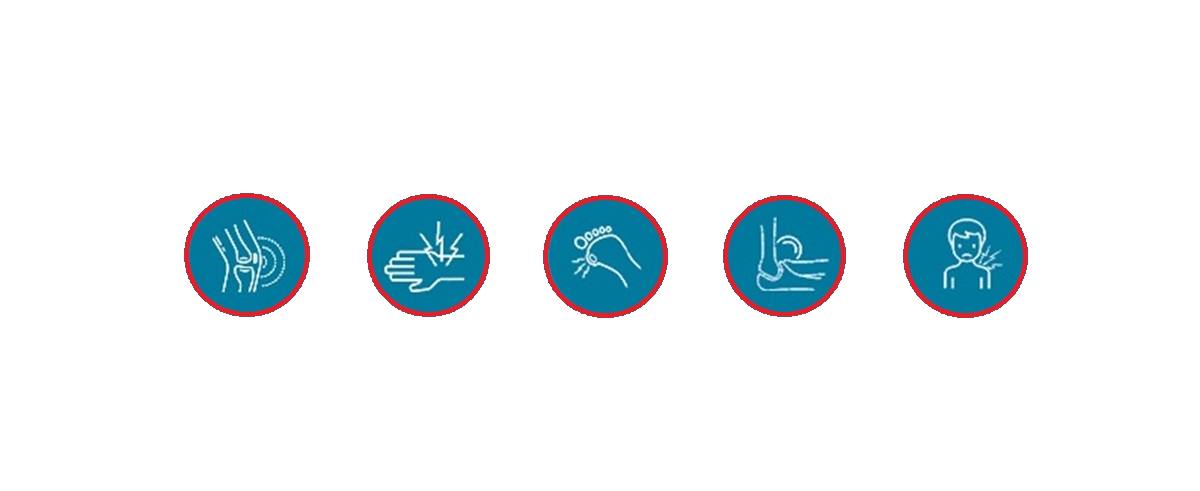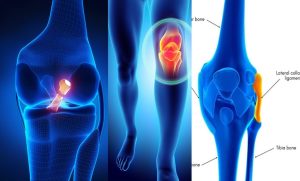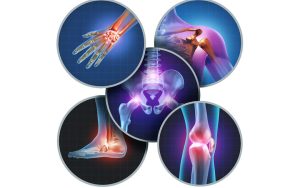
Artheritis
Arthritis is a common condition that causes pain and inflammation in joints. It affects people of all ages and can significantly impact the quality of life. The most common types of arthritis include osteoarthritis, rheumatoid arthritis, and psoriatic arthritis. Understanding the symptoms, diagnosis, and treatment options is crucial in managing this condition effectively.
Types:
- Osteoarthritis: The most common type, often related to aging or injury. It involves the wear and tear of cartilage, leading to pain and stiffness.
- Rheumatoid : An autoimmune disease that causes the body’s immune system to attack the joints, leading to inflammation and damage.
- Psoriatic : Associated with psoriasis, this type causes joint pain and swelling, often accompanied by skin symptoms.
Symptoms:
- Joint pain and tenderness
- Stiffness, especially in the morning or after resting
- Swelling and inflammation in the joints
- Reduced range of motion
- Fatigue and general weakness
Diagnosis Methods:
- Physical Examination: A thorough check-up to assess joint movement, tenderness, and swelling.
- Imaging Tests: X-rays, MRIs, and ultrasounds help visualize joint damage and inflammation.
- Blood Tests: Used to identify specific markers associated with certain types, such as rheumatoid factor.
Living with arthritis :
Medical Management: Work closely with your healthcare provider to develop a treatment plan that includes medications to manage pain and inflammation.
Exercise: Regular physical activity can help maintain joint function and reduce stiffness. Low-impact exercises like swimming, cycling, and walking are often recommended. A physical therapist can help design a personalized exercise program.
Diet and Nutrition: Eating a balanced diet can help manage weight, which reduces stress on your joints. Some people find that certain foods or supplements, like omega-3 fatty acids, can help reduce inflammation.
Pain Management: Techniques such as hot and cold therapy, acupuncture, and relaxation techniques like deep breathing or meditation can help manage pain.
Joint Protection: Use assistive devices and techniques to protect your joints and reduce strain. Ergonomic tools, supportive shoes, and braces can make daily activities easier and less painful.
Education and Support: Learning more about arthritis and connecting with support groups can provide valuable information and emotional support. Understanding your condition helps you make informed decisions and cope better.
Mental Health: Arthritis can impact your mental well-being. It’s important to address any feelings of frustration, depression, or anxiety. Talking to a mental health professional can be beneficial.
Adaptations: Making adjustments to your living environment to accommodate your needs can make daily tasks more manageable. This might include using grab bars in the bathroom, adjusting furniture, or using tools that make tasks easier.
- Arthritis treatment
- Arthritis symptoms
- Best arthritis medications
- Rheumatoid arthritis
- Osteoarthritis
- Arthritis pain relief
- Natural remedies for arthritis
- Arthritis diet
- Exercises for arthritis
- Living with arthritis
- Arthritis support groups
- Arthritis management
- Chronic pain and arthritis
- Arthritis home remedies
- Arthritis flare-up prevention
Have a Question?
FAQ
We are here to help you 7 days a week and respond within 24 hours. Plus, you can find most answers to your questions right on this page and also you can communicate with us using phone call.
Early signs include joint pain, stiffness, swelling, and reduced mobility. These symptoms may come and go, but persistent discomfort should prompt a visit to a healthcare provider.
There is currently no cure for arthritis, but the condition can be managed effectively with the right treatment plan, including medications, lifestyle changes, and sometimes surgery.
It’s best to limit foods that can trigger inflammation, such as processed foods, sugary beverages, and red meats. Opt for anti-inflammatory foods like leafy greens, berries, and fish rich in omega-3.
Yes, regular exercise is beneficial for managing arthritis. Low-impact activities like swimming, walking, and stretching help maintain joint flexibility and muscle strength without putting excessive stress on the joints.



